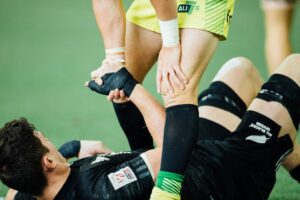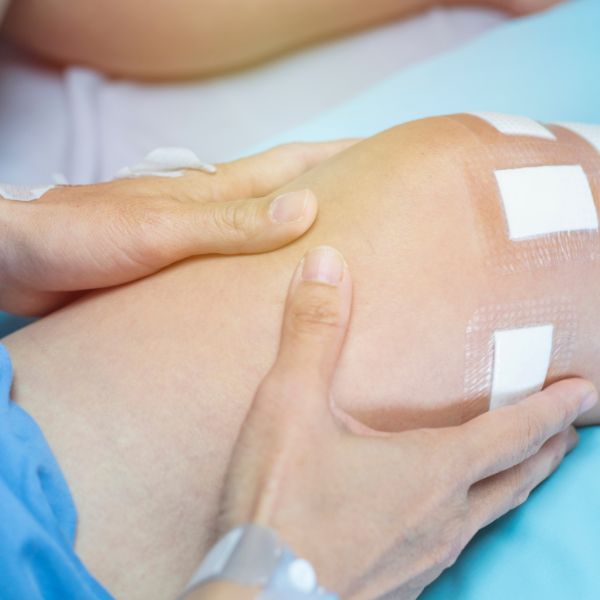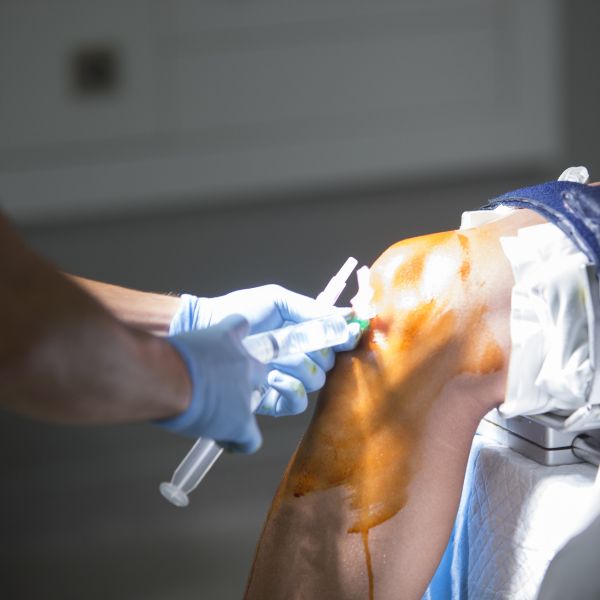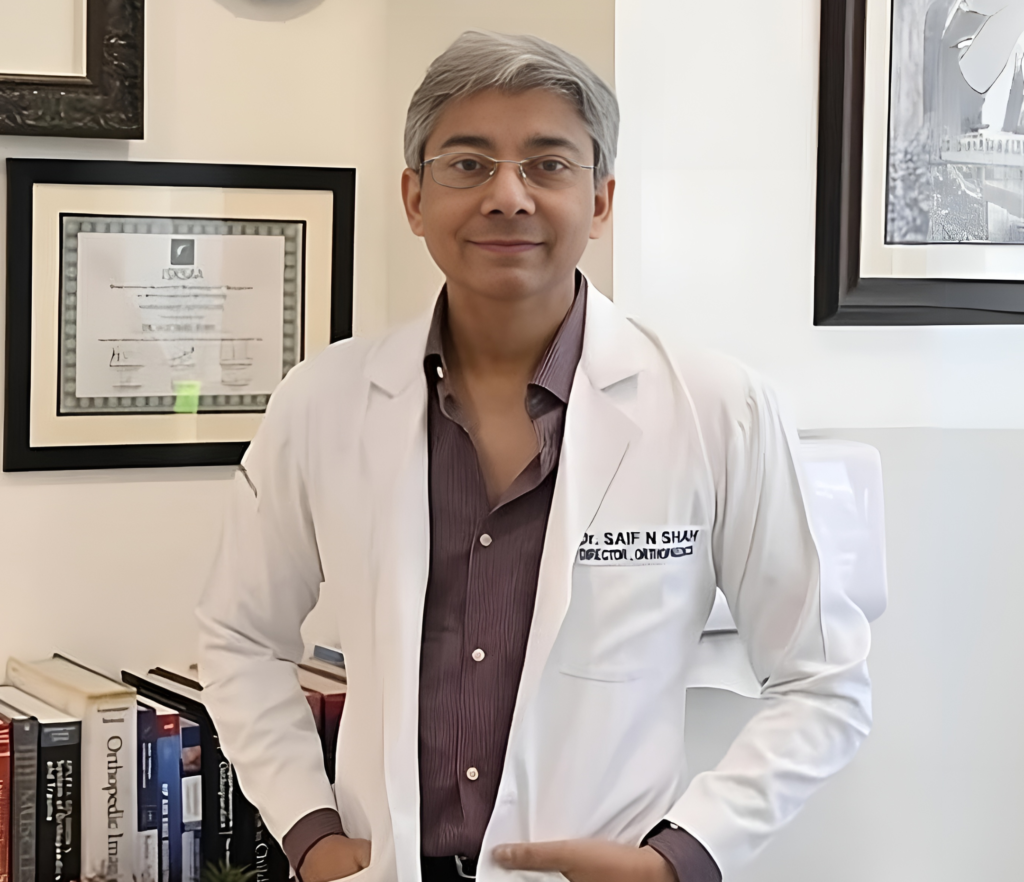
Sports Injuries: Causes, Treatment, and Prevention
Whether you’re a weekend warrior, a competitive athlete, or just love staying active, sports injuries

PCL reconstruction is a surgical procedure aimed at repairing a torn posterior cruciate ligament (PCL) in the knee. The PCL is one of the four major ligaments responsible for stabilizing the knee joint, particularly preventing the tibia (shinbone) from moving too far backward. PCL injuries often result from high-impact trauma, such as car accidents or sports injuries. This procedure is designed to restore knee stability, allowing patients to return to daily activities and sports with improved function.
PCL reconstruction involves replacing the damaged ligament with a graft, typically sourced from the patient’s own tissue (autograft) or from a donor (allograft). The surgery aims to restore proper knee function, prevent further damage, and provide long-term stability to the knee joint.
PCL reconstruction is generally recommended for individuals who:

PCL reconstruction is typically performed using minimally invasive techniques such as arthroscopy. The procedure generally includes the following steps:
Recovery from PCL reconstruction requires a structured rehabilitation program to restore strength, flexibility, and stability to the knee. Recovery includes:

I currently practice at Medanta Hospital, Lucknow, where I’m the Director of the Institute of Musculoskeletal Disorders and Orthopaedics.
My expertise covers Partial and Total Knee Replacement Surgery, Hip Replacement Surgery, Revision Surgeries, as well as Spinal Decompression & Fixation. To date, I’ve performed over 1500 joint replacement surgeries and more than 5000 orthopaedic surgeries.
Don’t let pain hold you back.
Recovery from PCL reconstruction typically takes 6 to 12 months. While patients may begin light activities and physical therapy within the first few weeks, returning to sports or high-impact activities usually requires several months of rehabilitation. The exact recovery time can vary based on the individual’s healing process and adherence to their rehabilitation program.
Yes, most patients can begin to walk with the aid of crutches shortly after PCL surgery. Initially, a knee brace may be used to support the knee and limit movement during the early recovery phase. Gradual weight-bearing activities are encouraged as healing progresses, often within a few days post-surgery, depending on the surgeon’s advice.
Whether a PCL tear is worse than an ACL tear depends on several factors, including the severity of the injury, the individual's activity level, and any associated injuries. PCL tears are often less common than ACL tears and can sometimes result in less immediate instability. However, untreated PCL injuries can lead to long-term knee issues. Each injury is unique, and a thorough evaluation by an orthopedic specialist is essential to determine the best treatment approach.

Whether you’re a weekend warrior, a competitive athlete, or just love staying active, sports injuries



Dr. Saif Nabi Shah is an exceptional orthopedic surgeon. He is highly skilled, knowledgeable, and compassionate. I recently visited him for a consultation regarding a long-standing knee issue, and I was impressed by his thorough approach. He took the time to listen carefully to my concerns, performed a detailed examination, and explained the diagnosis and treatment options clearly.
Connect with Dr. Saif Nabi Shah today!